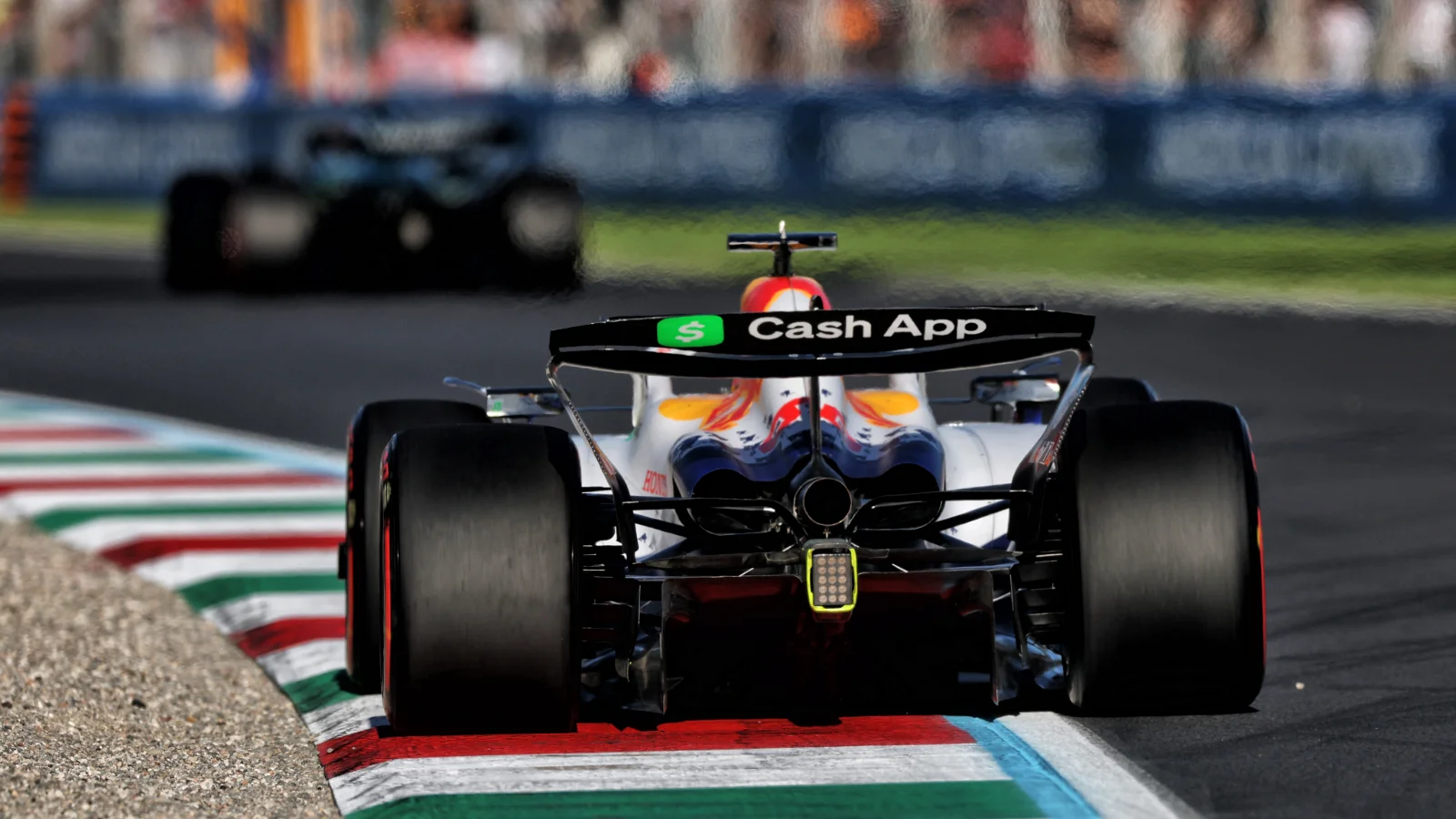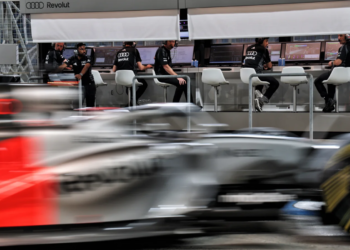The FIA’s hopes for reintroducing V8 engines into Formula 1 have been dealt a blow after a meeting with manufacturers planned for next week has been postponed.
News of the sport governing body’s meeting with teams and original engine manufacturers [OEMs] set for September 11 in London broke earlier this week.
The meeting would come amid the FIA president Mohammed Ben Sulayem’s wish to bring a more traditional F1 engine formula back into the sport.
V6 hybrids have been used since 2014, with next year seeing a revised version in which internal combustion and electric powers are equally split as per the new technical regulations.
These are scheduled to be in place until the end of 2031, but it appeared that plans were in place to push forward the reintroduction of V8s earlier, with 2029 a mooted year.
The logic behind this was the FIA’s concerns about how the new regulations have been received so far, along with additional concerns over the weight of the cars and the rising costs.
However, there has been a significant pushback from some OEMs already, after Ben Sulayem publicly stated his desire for V10s to return earlier this year.
Audi, making its F1 debut next year, has a keen and vested interest in electrification, having had success in both Formula E and with an electric off-roader that won the Paris-Dakar rally.
The German marque were public in its displeasure of the idea, with Honda – returning after three years out of F1 on a day-to-day basis – also said to be wary of the plan.
A meeting was initially called in the aftermath of this over the weekend of the Bahrain Grand Prix, which concluded that no such plans would be implemented.
But Ben Sulayem appears to see V8s as a compromise, with the likelihood that the engines would be run on 100 per cent sustainable fuel – to be introduced next year – with a kinetic energy recovery system [KERS] in place.
The Emirati was firm on his assertion that this would become a reality, recently saying that the V8 return “is happening”.
READ MORE – F1 team bosses coy on solution to spiralling 2026 sustainable fuel costs









Discussion about this post